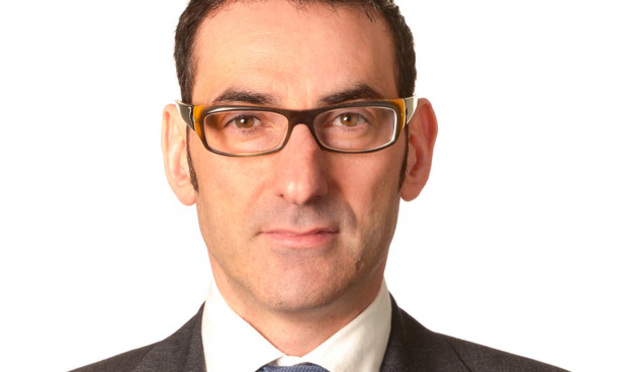Large commercial law firms are not the first places that come to mind when people think about caring and compassionate employers.
Law can be a tough profession: long hours, tight deadlines, stressful situations, pressure to produce results for clients. And mental health remains a taboo, especially in a demanding and competitive environment where signs of ‘weakness’ are traditionally frowned upon. As a profession, we need to be bolder and more innovative in how we address mental wellbeing in the workplace.









